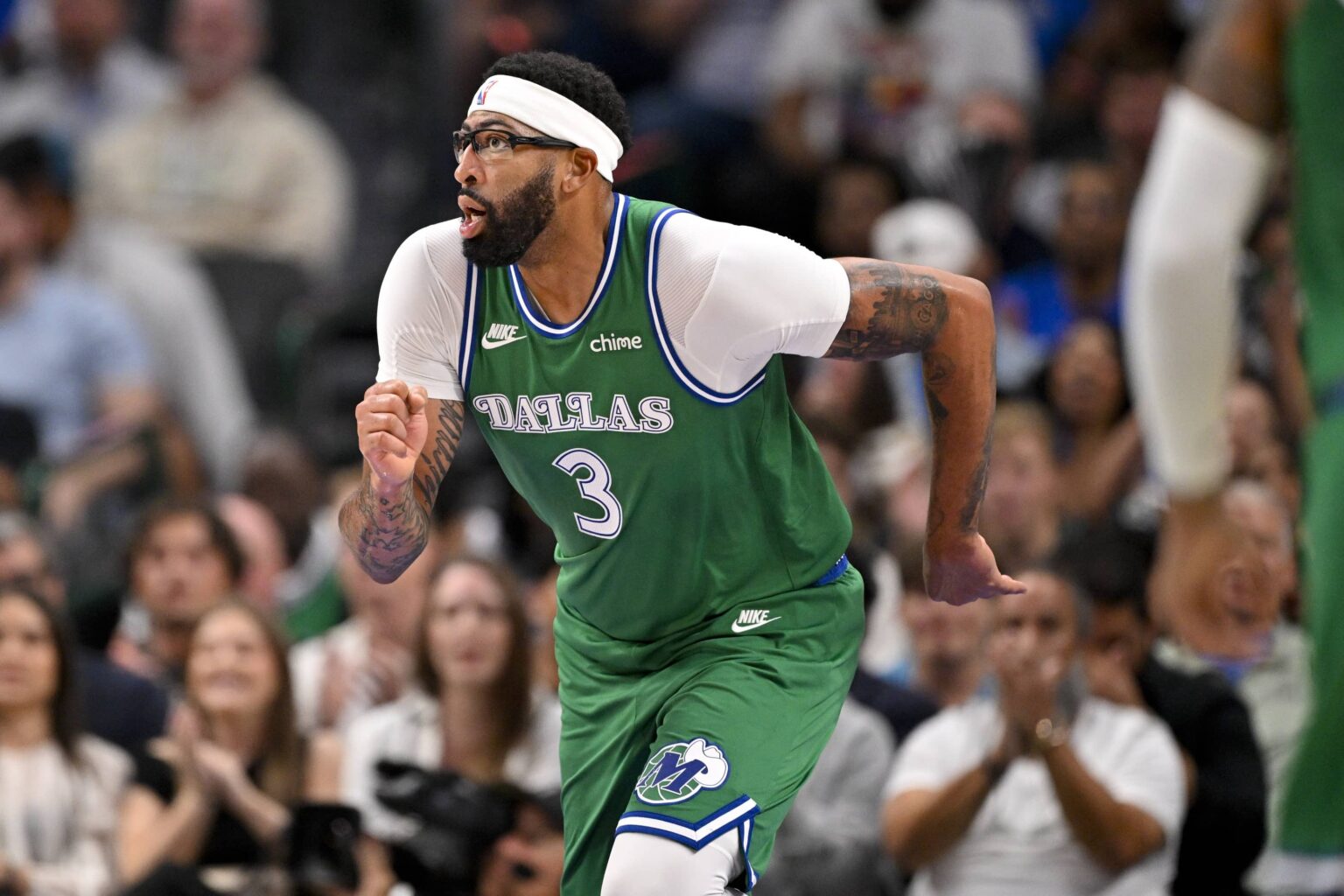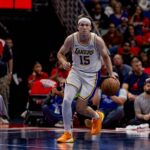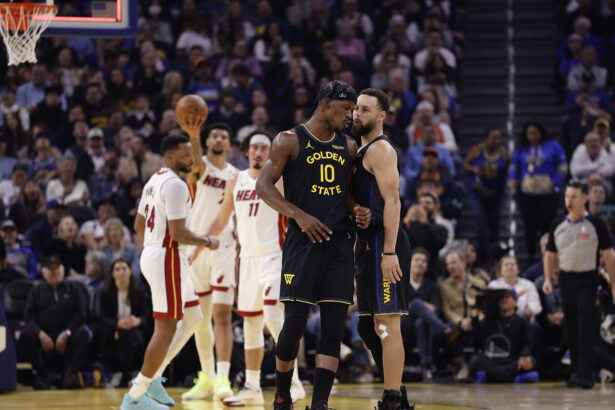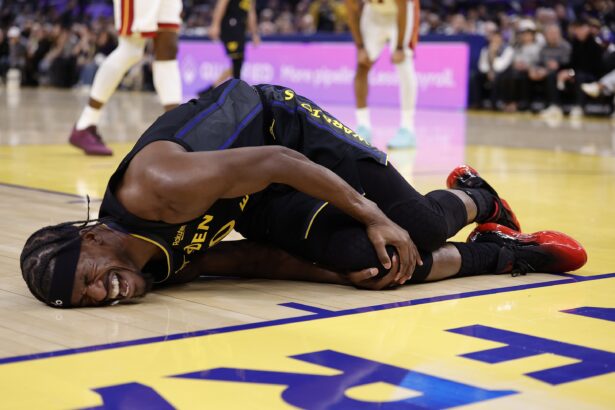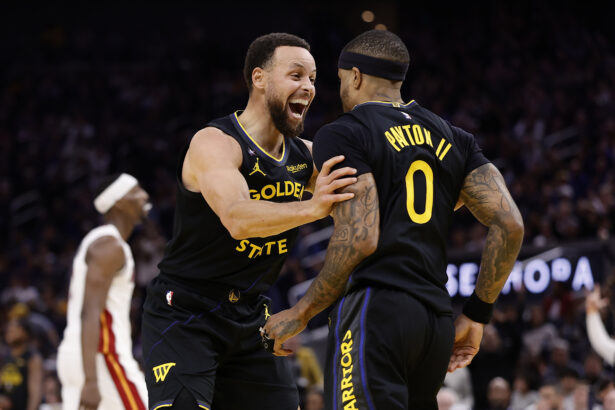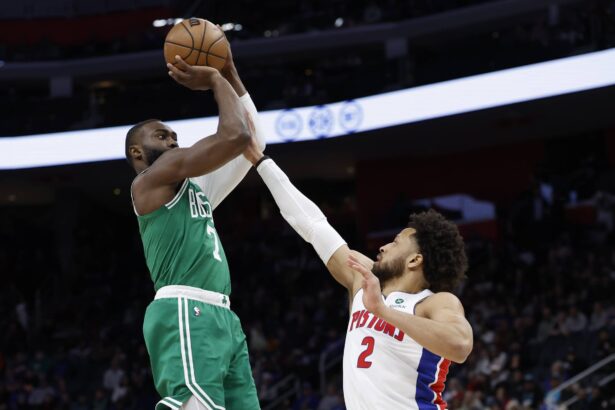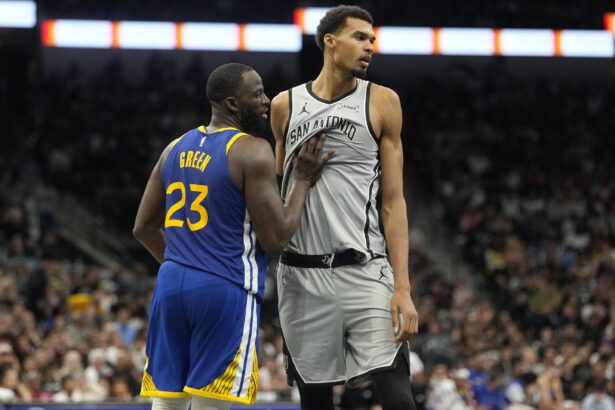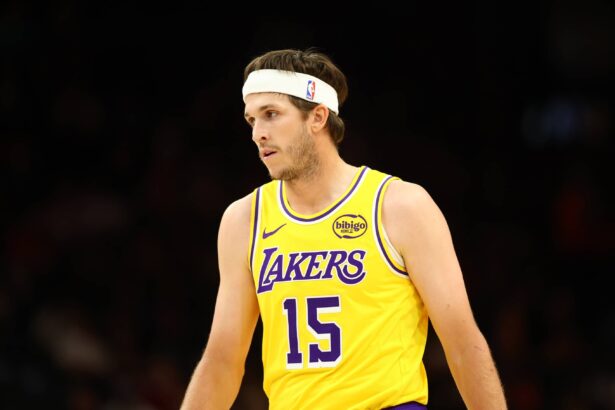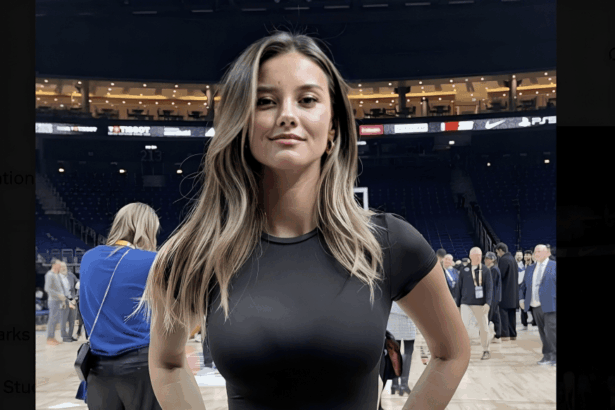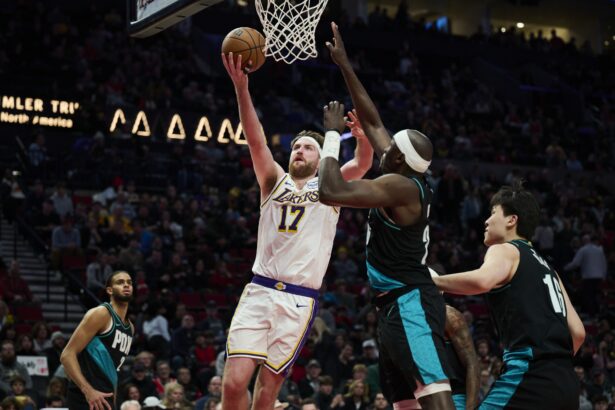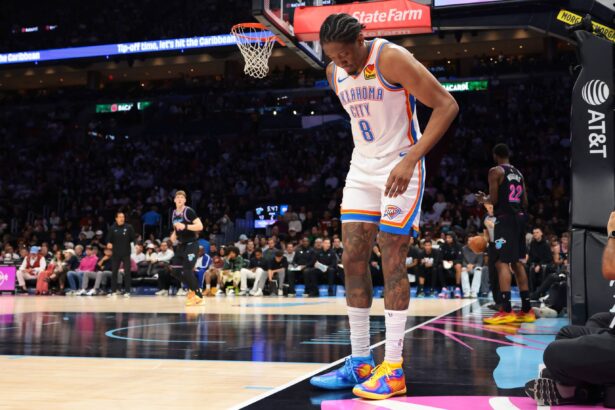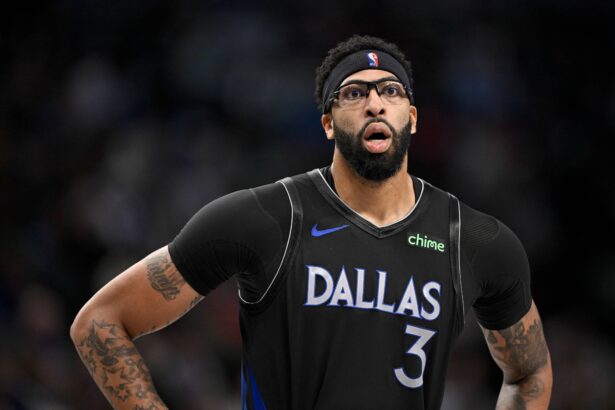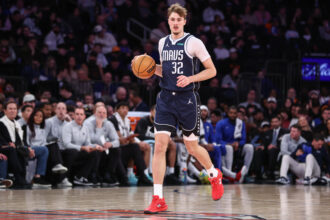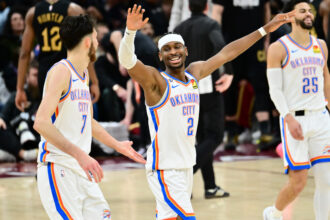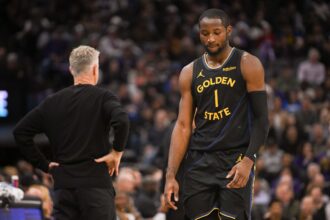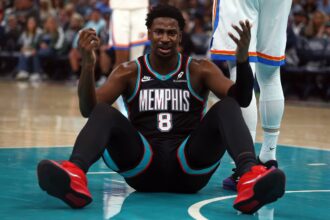Anthony Davis has been one of the most frequently mentioned names in recent trade rumors. With the Dallas Mavericks on the verge of undergoing significant personnel changes following Nico Harrison’s departure, the future of the current Mavericks unit appears uncertain.
Recent reports have indicated that the Mavericks would consider initiating a complete roster overhaul, starting with dismantling the existing core that features Anthony Davis and Kyrie Irving. While several teams have been linked with Davis in the past few weeks, the Chicago Bulls have been presented as a preferred landing spot for the superstar.
As a Chicago native, Anthony Davis’ preference is understandable. However, acquiring a player of his caliber would seem virtually impossible without breaking up Chicago’s current core. To address this, Bleacher Report shared an intriguing three-team trade proposal to satisfy each team’s immediate needs. Here’s the trade proposal:
Proposed Trade Details
Chicago Bulls Receive: Anthony Davis, Dante Exum, Caleb Martin, Jalen Wilson
Dallas Mavericks Receive: Tre Jones, Zach Collins, Kevin Huerter, 2026 first-round pick (CHI), 2026 first-round pick (POR via CHI)
Brooklyn Nets Receive: Dalen Terry, Jevon Carter, rights to Melvin Ajinca, 2029 second-round pick (CHI), 2030 second-round pick (CHI)
Bleacher Report’s massive trade proposal features numerous variables and involves the shedding of huge amounts of salary. Given the significant impact on all parties involved, we further analyze how it would affect each team.
What Role Do The Nets Play In This Deal?
The Brooklyn Nets effectively play the role of facilitator in this trade scenario. While they aren’t in a position to part with many assets, with only Jalen Wilson on the way out, they stand to gain a lot from this deal.
This trade enables the Nets to expand upon their existing wealth of draft assets by adding two valuable future second-round picks. In addition to this, they also acquire the rights to Melvin Ajinca, the No. 51 overall pick from the 2024 NBA Draft.
While these assets may become relevant in the future, in the immediate context, the acquisition of Dalen Terry and Jevon Carter could be viewed positively.
Since they are on expiring contracts, totaling approximately $12.1 million in salary, the Nets may see value in acquiring them to clear more cap space for the 2026 offseason.
Outside of their contract situation, neither player may have much on-court value for the Nets. While Terry appears limited, averaging 2.1 points per game this season, Carter could still display some upside in a deep bench role, with averages of 8.0 points and 1.8 assists per game.
How Does This Deal Help The Mavericks?
This trade scenario primarily caters to the Mavericks and the Bulls. For the Mavericks, this deal helps the team address some key roster issues while also making provisions for a rebuild.
From a rebuilding perspective, the addition of two first-round picks, albeit protected, is significant, as it helps replenish their depleted draft reserves. Given that both picks are also from the upcoming draft, it enables the Mavs to select from a pool of incredibly talented young players, such as BYU’s AJ Dybantsa and Duke’s Cam Boozer, to pair with Cooper Flagg.
By parting with several veterans on its roster, Dallas also clears a significant amount from its salary cap. With approximately $30 million in trade exceptions, the Mavericks would enjoy valuable cap flexibility in the 2026 offseason.
Aside from these assets, the Mavericks would also see the arrival of Tre Jones, Zach Collins, and Kevin Huerter, which could prove to be meaningful.
Jones addresses Dallas’ imminent need for a point guard. This season has seen the 25-year-old’s emergence as a reliable player, averaging 13.3 points, 4.0 rebounds, and 5.5 assists per game on 49.5% shooting from the field.
Although Bleacher Report noted that the Mavericks could aim higher by attempting to acquire Coby White or Ayo Dosunmu, their contract situations would make it more complicated to retain them in the future compared to Jones.
Both Collins and Huerter are solid veterans on expiring contracts with a combined value of $35.9 million. Huerter would be capable of improving the team’s perimeter shooting, while Collins shores up the vacancy in the frontcourt.
Given Huerter’s averages of 14.4 points and 4.1 rebounds on 50.4% shooting from the field and 32.3% from three-point range this season, the Mavs may see merit in re-signing him in free agency next year. On that note, Collins’ averages of 8.0 points and 4.8 rebounds per game may not jump off the page, but given how injury-prone Dallas’ big man rotation has been, having insurance may prove worthwhile.
How Does Acquiring Anthony Davis Help The Bulls Improve?
This trade scenario effectively sees the Chicago Bulls transform into a superpower in the Eastern Conference. The additions of Dante Exum and Jalen Wilson may not significantly impact the team, given Exum’s career averages of 6.2 points and 2.3 assists per game and Wilson’s 5.7 points per game this season. But acquiring Anthony Davis and Caleb Martin could be a major move.
Anthony Davis has established himself as one of the best players in the league when he is healthy. From his versatility on offense to his ability to lock down and anchor the team’s defense, he is undoubtedly one of the best two-way big men in the game.
Although the superstar has struggled with injury early in the campaign, he was in terrific form before going down, averaging 20.8 points, 10.2 rebounds, 1.6 steals, and 1.1 blocks per game on 52.0% shooting overall.
By positioning Anthony Davis next to Nikola Vucevic, the Bulls could see a significant boost in production from their frontcourt. When considering how effective Josh Giddey is as a floor general, Chicago’s new star pairing could be one to look out for.
Along with the superstar big man, the Bulls would also add Caleb Martin to their roster in this trade scenario.
Martin has proven himself as a reliable two-way player off the bench. While he has seen a significant reduction in playing time this season, considering his career averages of 8.1 points, 3.8 rebounds, and 0.9 steals per game on 44.5% shooting from the field and 35.5% from three-point range, he could enhance Chicago’s already formidable bench rotation.
Who Says No To This Deal?
Although this offer has significant benefits for each team involved, the Dallas Mavericks may ultimately not proceed with this deal. The acquisitions of the draft picks may sway the team to accept such an offer. However, Dallas may not be satisfied with the incoming player assets.
Given Anthony Davis’ value as a superstar, the Mavericks could be more demanding, especially while considering their approach towards rebuilding. With the need to acquire solid roster pieces to build around Flagg, along with valuable draft capital, this proposal doesn’t tick the right boxes.
On this note, the Mavericks could be better off exploring other alternatives. Considering it is still early in the season, there is also enough potential for the Mavs to keep the core together to assess their performance at full strength.

